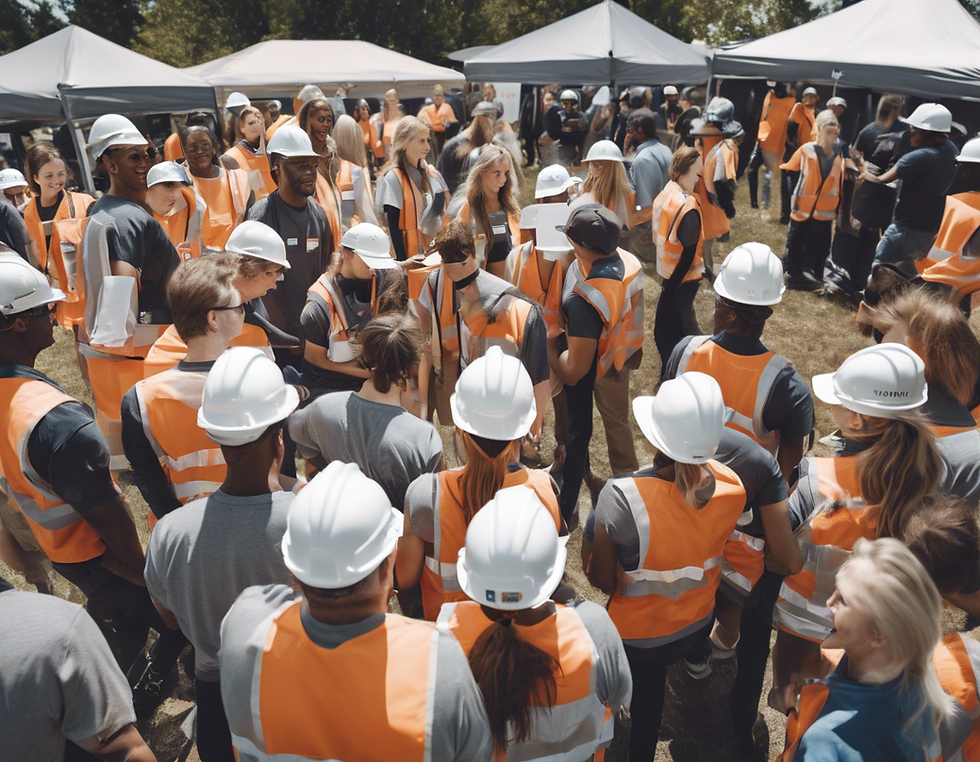Beyond the Cookout: The Unexpected History of Labor Day Weekend
- Patricia George

- Aug 30, 2025
- 2 min read
For many of us, Labor Day weekend is the grand finale of summer. It’s a three-day block filled with the smell of the grill, the sound of waves, and one last shot of sunshine. But have you ever wondered why we get this late-summer break? The answer is deeply intertwined with the very freedoms our veterans have sworn to protect.
The story begins not with a party, but with a protest—a right made possible by the First Amendment, defended by every generation in uniform. Picture America in the late 1800s: the Industrial Revolution was in full swing, and for the average worker, life was tough. Twelve-hour days, seven-day weeks, and unsafe conditions were the norm. There was no such thing as a "weekend."
In this climate, labor unions began to grow, advocating for better pay, reasonable hours, and safer workplaces. Their movement gained a powerful voice on Tuesday, September 5, 1882, when 10,000 workers in New York City took unpaid time off to march from City Hall to Union Square. It wasn't a strike; it was the first Labor Day parade—a public celebration of the workers who powered the nation.
A veteran’s perspective: Imagine a Civil War veteran watching that first parade. Having fought to preserve the Union and the concept of a free society, he would see this not as unrest, but as democracy in action—the very freedom of assembly he fought for being used to peacefully demand progress.
After the march, everyone gathered for a massive picnic, concerts, and speeches. Sounds familiar, right? This ability to assemble without fear, to voice dissent, and to petition for change is a cornerstone of American liberty, a principle our military has deployed around the world to protect.
The idea of a "workingmen's holiday" caught on fast. By 1887, states like Oregon, New York, and Massachusetts had officially adopted the holiday. But it took a national crisis to make it federal. In the wake of the massive Pullman Strike of 1894, which halted railroads across the country, President Grover Cleveland signed Labor Day into law as a national holiday just six days after the strike ended. It was a strategic move to mend ties with the American labor force.
The military connection: The peaceful resolution of such social upheaval is a testament to a stable democracy—a system defended by our armed forces. Veterans understand that the strength of our nation isn’t just measured on battlefields overseas, but also in our ability to navigate conflict at home through law and dialogue, not violence.
So, while you're enjoying that burger or that final summer sunset, remember that this long weekend is more than just a day off. It’s a legacy born from the courage of everyday people who organized for fairness and dignity, within a framework of freedom secured by our veterans. They turned a public parade into a permanent holiday—a day to honor the incredible social and economic achievements of all workers.
That’s a history worth raising a lemonade to. This Labor Day, we honor both the American worker and the American warrior, whose sacrifices make our peaceful progress possible. Happy Labor Day!



Comments